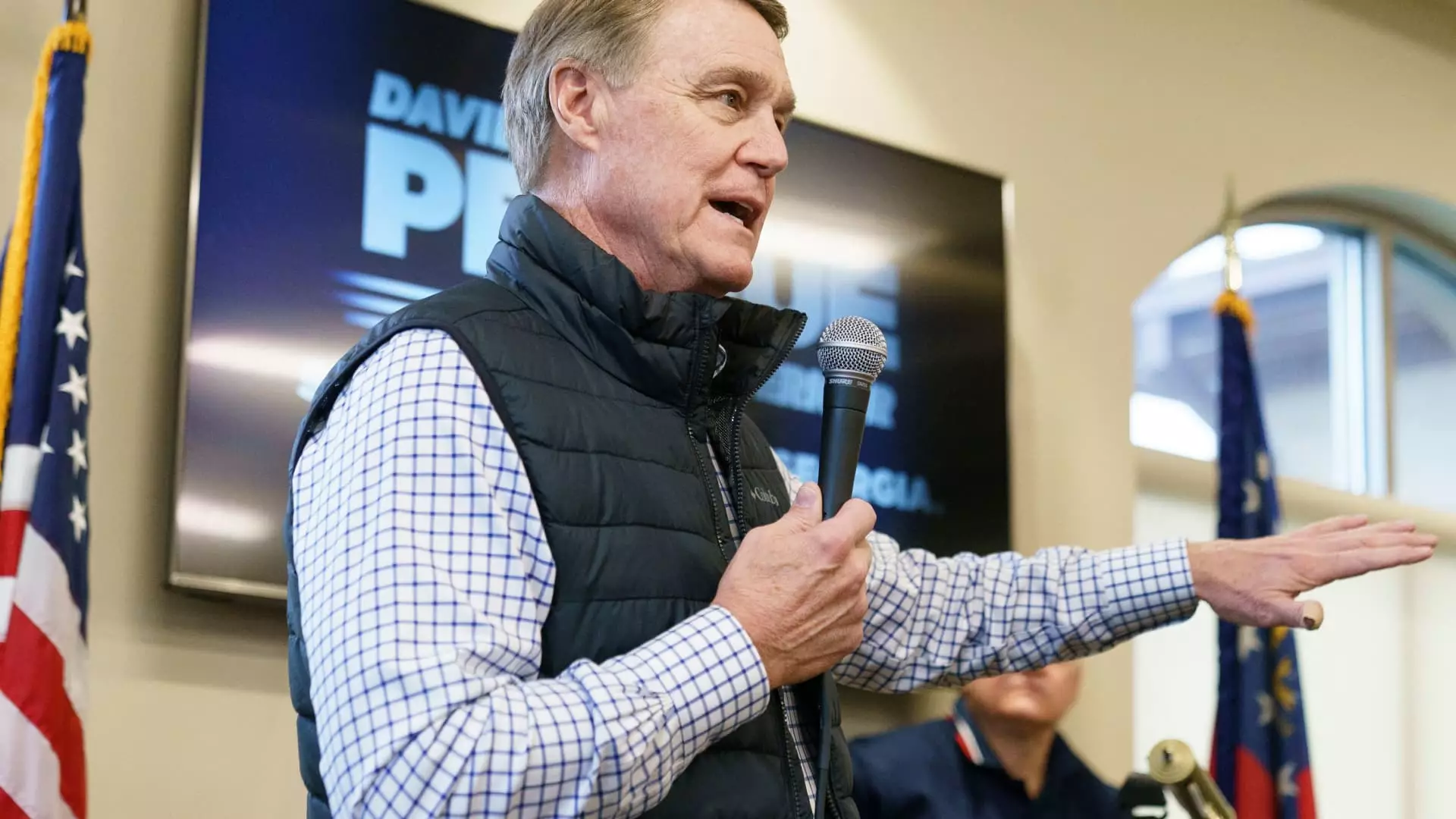The announcement from U.S. President-elect Donald Trump regarding his nomination of former Senator David Perdue as ambassador to China signals a significant shift in how the U.S. intends to engage with its increasingly complex relationship with the Asian powerhouse. Perdue, a Republican from Georgia with extensive business experience, serves as a strategic choice aimed at addressing the pressing issues of mistrust and trade disputes that have characterized U.S.-China relations in recent years. With a background that includes a lengthy tenure in the business sector and previous political experience, Perdue’s nomination is both a recognition of his capabilities and an acknowledgment of the current geopolitical climate.
As Trump formally takes office on January 20, 2025, he has outlined a tough approach to China, emphasizing a significant additional tariff on Chinese imports unless the country takes more substantial actions against the trafficking of fentanyl. Trump’s hardline stance could lead to an increase of tariffs beyond 60%, which aligns with his broader strategy to confront global trade practices that he perceives as harmful to American interests. In this context, the role of the U.S. ambassador will be crucial not only for diplomatic dialogue but also for negotiating terms that could either stabilize or further deteriorate relations.
Historically, the U.S. has often appointed former politicians to key diplomatic positions, particularly in sensitive regions like China. Perdue’s return to this practice reflects a desire for experienced leadership capable of navigating the labyrinth of diplomatic engagement. In contrast, President Joe Biden visually marked a departure from this tradition by appointing career diplomat Nicholas Burns as ambassador to China. The differing approaches raise questions on how best to manage bilateral tensions and foster cooperation amidst a backdrop of competition and conflict.
The upcoming relationship between the U.S. and China under Trump’s administration presents numerous challenges that Perdue will need to address. With Beijing expected to seek direct high-level communication, the effectiveness of an ambassador who previously held the office will come under scrutiny. In the past, efforts to leverage personal connections, as seen with former Iowa Governor Terry Branstad, did not prevent the escalation of trade wars. Despite these historical precedents, the role of the ambassador in shaping fruitful diplomacy cannot be understated.
As tensions regarding trade practices and national security continue to simmer, the nomination of David Perdue seems to set the stage for an aggressive U.S. foreign policy toward China. The new administration’s strategy may not only impact trade but also invoke broader implications for global politics, economic stability, and diplomatic relations. Perdue will need to harness his experience and navigate intricacies that involve not just trade tariffs but also human rights, environmental issues, and technological competition, supporting Trump’s vision while also promoting peace in a pivotal region for the world economy.


Leave a Reply